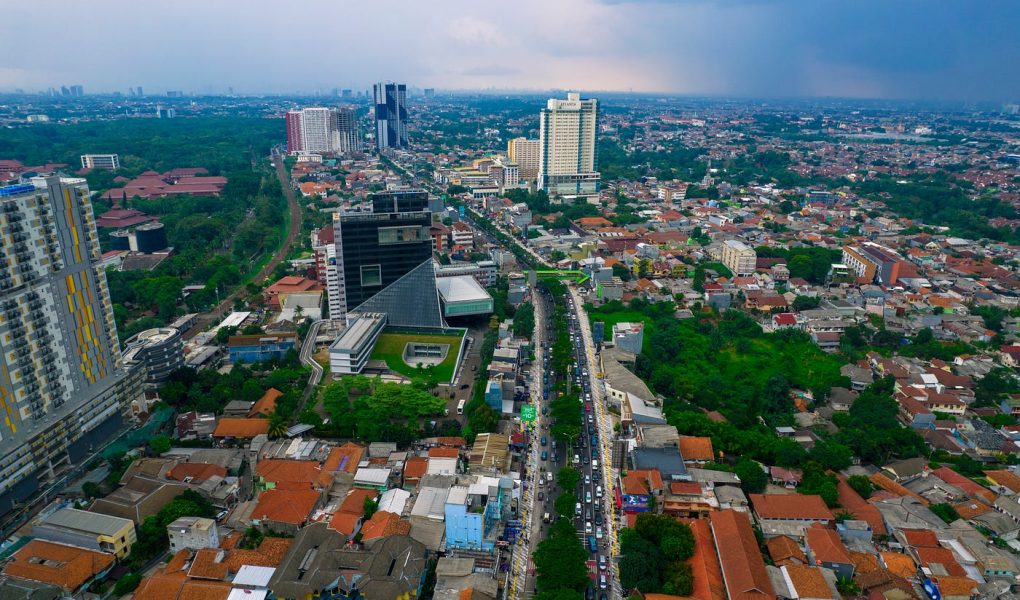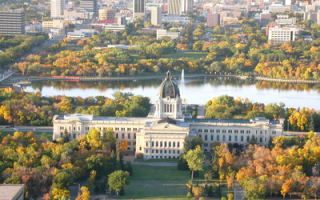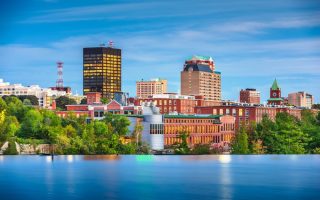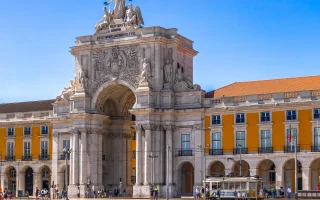iwillnotbebroken.org – Depok, a vibrant city located in West Java, Indonesia, is part of the Greater Jakarta metropolitan area. Known for its rapid urban development and diverse cultural landscape, Depok is a city that balances modernity with a rich historical background. This article explores the various facets of Depok, highlighting its growth, educational significance, and cultural diversity.
Historical Background
Depok has a unique history that dates back to the colonial era. Originally a settlement established by the Dutch East India Company, Depok was founded in 1696 by Cornelis Chastelein, a Dutch colonial administrator. The city retains historical influences in its architecture and cultural practices. The heritage of Depok can still be seen in areas like the Old Depok neighborhood, where colonial-era buildings stand as a reminder of its past.
Urban Development
In recent years, Depok has experienced significant urban development, transforming from a small town into a bustling city. Its strategic location, just south of Jakarta, has made it an attractive area for residential and commercial growth. The city’s infrastructure has expanded to accommodate this growth, with modern amenities, transportation networks, and shopping centers like Depok Town Square and Margo City Mall enhancing the urban living experience.
Educational Hub
Depok is renowned for its educational institutions, making it a prominent center for learning in Indonesia. The University of Indonesia, one of the country’s most prestigious universities, is located in Depok. This academic presence attracts students from across the nation and contributes to the city’s dynamic and youthful atmosphere. The university’s campus, with its lush greenery and modern facilities, is a focal point for education and research.
Cultural Diversity
The cultural diversity of Depok is reflected in its population, which includes a mix of Javanese, Sundanese, Betawi, and other ethnic groups. This diversity is celebrated through various cultural events and festivals that showcase traditional music, dance, and cuisine. Depok’s cultural richness is also evident in its culinary scene, with street food stalls and restaurants offering a variety of local and international dishes.
Green Spaces and Recreation
Despite its urbanization, Depok has made efforts to preserve green spaces and offer recreational opportunities for residents and visitors. The city boasts several parks and recreational areas, such as the University of Indonesia’s Forest and the Depok City Park, providing spaces for relaxation and outdoor activities. These green areas are essential for maintaining the quality of life in an increasingly urban environment.
Conclusion
Depok is a city that embodies growth, diversity, and opportunity. Its historical roots, coupled with modern development and a strong emphasis on education, make it a unique and appealing destination. As Depok continues to evolve, it remains a city where tradition meets progress, offering a vibrant and dynamic environment for both its residents and visitors.




